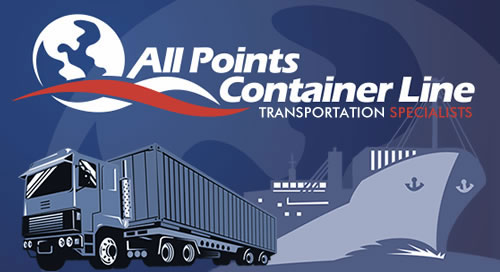Brexit and What it Means for Logistics
With Brexit’s new rules on imports, exports, and tariffs – the UKs forklift industry is looking to buy locally in Britain. This will allow them to acquire all the components they need to service and maintain the lift truck fleets. These fleets service the nation’s vital warehouses and distribution centers. Let’s explore what this means for your logistics.
Space-Saving Trucks
Narrow Aisle supplies space-saving Flexi trucks, built at its Black Country factory, to a broad range of users. It has been doing so for almost four decades. Since Brexit, the company estimates that demands for its range of truck parts and accessories have jumped by over one-third. John Maguire, managing director of Narrow Aisle had this to say, “There is no doubt that the well-publicized customs delays at ports is resulting in longer delivery times for many vital forklifts and spare parts that are imported from the EU to the UK.”
Brexit Effect
The forklift dealers have to contend with additional documentation, import duties, and VAT at the point of entry on all incoming goods manufactured in the EU. This is making UK-made parts increasingly attractive. Furthermore, according to Maguire, it isn’t just UK-built lift truck part sales that are benefiting from the supply chain delays and costs associated with importing from the EU. The demand for Narrow Aisle’s Flexi trucks is jumping as well. Sales inquiries for both new and short-term truck rentals went up more than 30% in January and February of 2021. “Like spare parts, trucks imported from the EU – even machines destined for rental fleets – are facing delays and can be subject to tariffs or tax, which a lot of truck dealers are unprepared for,” said Maguire.
It seems Brexit is affecting many sectors of the logistics industry in some very surprising ways. However, most changes don’t seem to be making any severe negative impacts. We will continue to keep a close eye on things moving forward.

